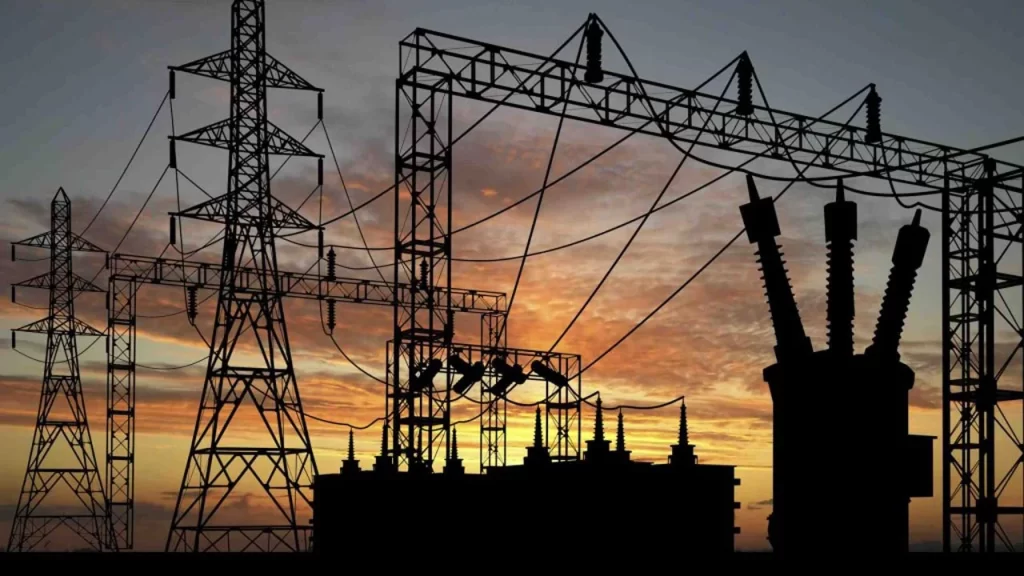Nigeria’s economy suffers a staggering $26 billion loss every year due to persistent power shortages, a recent report by Standard Bank has revealed.
This figure excludes the additional $22 billion spent annually by businesses on off-grid fuel to mitigate the impact of these shortages, highlighting the severe financial strain on the country’s business sector.
The report, which sheds light on the economic repercussions of Nigeria’s electricity crisis, comes amid a series of national grid collapses that have plagued the country in recent weeks.
Many regions across Nigeria experienced prolonged blackouts, with the grid reportedly failing three times within a single week this month.
The National Electricity Regulatory Commission (NERC) attributed the most recent outage to an explosion at the Jebba transmission station, which led to a cascade of power plant shutdowns.
According to Standard Bank, Nigeria’s national grid is incapable of meeting the daily electricity demand, which is almost four times the grid’s actual generation capacity.
The report indicates that businesses must routinely rely on alternative power sources, which not only drive up operational costs but also disrupt productivity.
“Economic losses arising from Nigeria’s electricity shortages are estimated to be USD 26 billion annually, without accounting for spending on fuel for off-grid generators,” the report notes.
The report also points to electricity supply as one of the most significant challenges to business operations, not only in Nigeria but across the African continent.
Standard Bank, which surveyed 10 African markets, identified inadequate power infrastructure as the most severe obstacle facing African businesses.
“Blackouts cause a downtime of production, risk the quality of goods that require controlled environments, impact water supply, and affect telecommunications infrastructure,” the report stated.
“The result is reduced sales and income.”
The recent power outages have underscored Nigeria’s ongoing struggle to stabilize its energy grid, despite government pledges to tackle the issue.
The financial burden on businesses is profound, as they spend $22 billion yearly on fuel to power off-grid generators, attempting to fill the gap left by the unreliable grid.
The necessity of off-grid power not only adds a substantial overhead but also undermines growth in sectors that rely heavily on consistent electricity, such as manufacturing, telecommunications, and retail.
In response to the escalating crisis, the Nigerian House of Representatives has announced plans to probe the recurring national grid collapses.
Lawmakers are calling for an investigation into the underlying causes of these failures and are pushing for sustainable reforms in the power sector to alleviate the financial impact on the economy.
The recurring grid failures highlight Nigeria’s pressing need for substantial investment in its power infrastructure.
With businesses facing rising costs and potential losses due to inconsistent electricity, experts warn that the situation, if left unaddressed, could further stifle economic growth and deter foreign investment.
Do you want to share a story with us? Do you want to advertise with us? Do you need publicity for a product, service, or event? Contact us on WhatsApp +2348183319097 Email: platformtimes@gmail.com
We are committed to impactful investigative journalism for human interest and social justice. Your donation will help us tell more stories. Kindly donate any amount HERE




